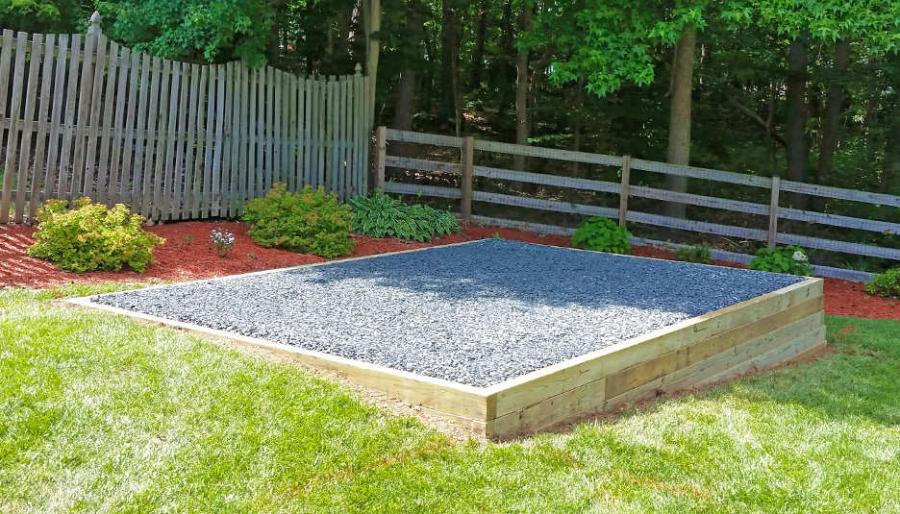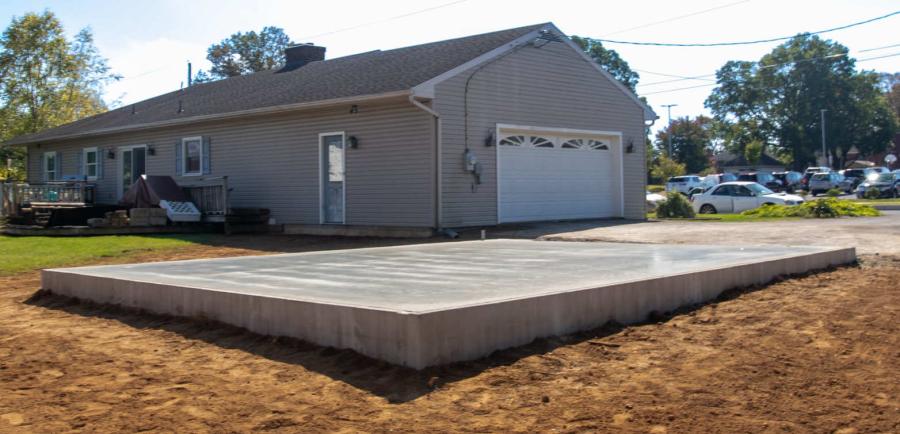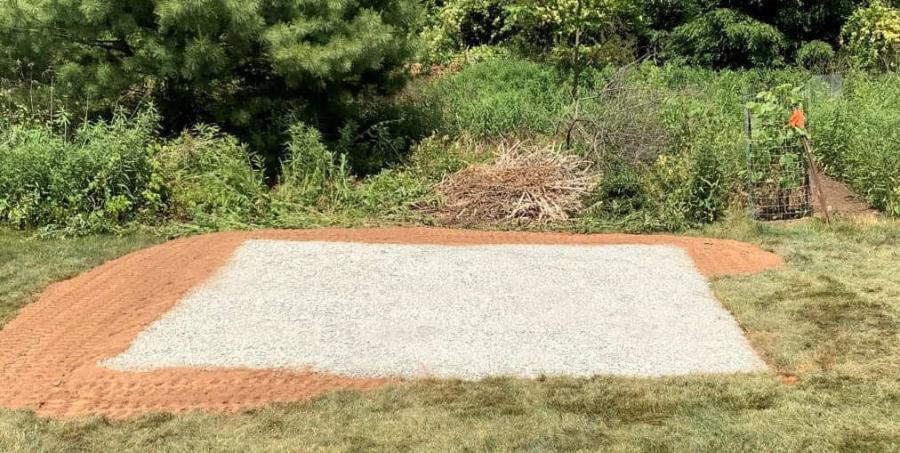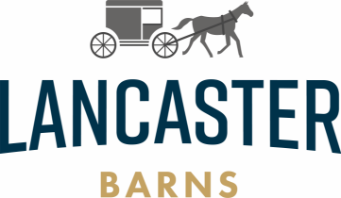Choosing the Right Shed Foundation: What You Need to Know
When purchasing a shed, many people focus on the shed size, design, and functionality. But the shed foundation is another important element to consider. It may seem like a small detail but its impact on the shed’s overall performance and lifespan is substantial.

Choosing the right foundation for a shed base offers many benefits:
Structural Integrity.
Like any building, sheds need a solid foundation to ensure structural integrity. A sturdy foundation provides support for the entire structure and prevents it from settling or leaning over time. This is particularly important if you plan to store heavy equipment in your storage shed.
Longevity.
The right foundation pad also contributes to the durability and longevity of your shed. It protects the structure from ground moisture, which can cause rotting. A solid foundation also lowers the chance of shifting or settling. This helps ensure that your shed stands strong for years.
Proper Drainage.
Proper drainage is a big factor in maintaining the condition of your shed. A foundation that provides adequate drainage helps prevent water from pooling around the shed’s base. This helps prevent water damage and mildew or mold growth, which will ultimately affect the integrity of the structure.
Stability.
A proper shed foundation will be level and give stability. An uneven foundation can cause a building to tilt or shift, which increases the risk of damage and can reduce structural integrity.
Ease of Use.
A well-constructed shed foundation will also provide easy access and usage. An even foundation will ensure that your shed is in good working order, with doors and windows opening and closing properly.
Types of Foundations for a Shed Base
Lancaster Barns is not responsible for site prep and installation of your shed foundation. We recommend getting a quote from a reputable site preparation contractor such as Site Prep. The company has been a trusted partner with Lancaster Barns for many years, and they service states in the Mid-Atlantic region.
There are different factors that determine which base is best for your shed. Some types that may be recommended include shed foundation blocks or concrete blocks, concrete pads, sonotubes/concrete forms, or stone pads. However, in this video, Site Prep explains that a gravel shed foundation is typically one of the top choices.
Here’s why:
- A gravel shed foundation offers even support under all parts of your structure, so that over time, one part or one corner of your shed doesn’t start to sink.
- Compared to concrete foundations, a gravel base for your shed will drain better.

- A gravel pad will direct water away from the area quickly. This will prevent moisture from collecting around the bottom of your shed.
- Gravel shed foundations are usually more cost-effective than other types of foundations. They can also be easier to install.

Important Reminders
Some townships and municipalities have specifications regarding the type of foundation your shed may need. For example, concrete footers may be required under the corners in addition to the gravel foundation. It’s highly recommended that you check with your local municipality to see what their requirements are.
Also, don’t set anything near the foundation and exterior of your shed. Moisture is the enemy, and airflow is the solution. Avoid planting flowers, shrubs, or trees directly next to your structure.
Learn More or Request a Quote
A well-built foundation will provide the support, stability, and protection to keep your Lancaster Barns shed standing strong for years to come. Request a quote today for your shed foundation, or contact our team with questions.
